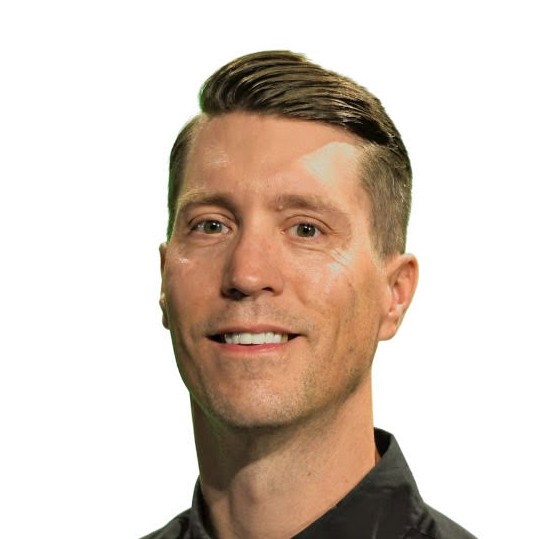How to Answer: You are caring for a patient on your inpatient unit who is bedridden and unconscious. When the patient came to you, they already had a bedsore. How do you prevent this from happening again?
Advice and answer examples written specifically for a Situational Nursing job interview.
34. You are caring for a patient on your inpatient unit who is bedridden and unconscious. When the patient came to you, they already had a bedsore. How do you prevent this from happening again?
How to Answer
For patients who are bedridden, bedsores can be a common, but avoidable, problem. If these sores become infected, the consequences for the patients can be severe, especially if they are in a weakened medical state. To prevent bedsores for their patients who are bedridden, nurses should ensure their patients are repositioned at least once every two hours. This repositioning may be completed by a care partner or nursing assistant, but it is ultimately the responsibility of the nurse to ensure their patients are properly cared for. The interviewer is asking this question to ensure the candidate understands it is their responsibility to protect their patients from hazards such as bedsores. To effectively answer this question, the candidate should indicate that they would ensure the patient was repositioned at least every two hours. A more successful answer to this question could include examples of how the candidate has worked with physicians and the physical therapy department to ensure the patient was properly moved, trained care partners or nursing assistants on proper patient repositioning, or helped their colleagues prevent bedsores in similar situations with their patients.
Written by Kelly Burlison on June 3rd, 2019
1st Answer Example
"To prevent additional bedsores, I would ensure the patient was moved and repositioned every two hours, at a minimum. If I am fortunate enough to have the support of a nursing assistant while caring for this patient, I would as for their help, but I would still ensure my patient was being moved, rather than assuming it was being done. I know how serious bedsores can be, and I do everything I can to prevent them. If the patient is unconscious for a long period, I will usually ask the physician if the patient needs an intervention from physical therapy, not only to prevent bedsores but to also prevent muscle atrophy."
Written by Kelly Burlison on June 3rd, 2019
2nd Answer Example
"To prevent the bedridden patient from developing additional bedsores, I would work with my team to make sure the patient is turned every two hours. I will document the patient's turning and what position we moved the patient to. If available, I will try to get the patient a specialized hospital bed that uses air to help prevent further pressure ulcers. I would use either pillows or waffle boots to prevent pressure ulcers from forming on heels. I would use a foam dressing or other appropriate material to pad any bony prominences that are in danger of contributing to skin breakdown."
Written by Kate Buckley on January 10th, 2023
Anonymous Interview Answers with Professional Feedback
Anonymous Answer
Chad's Feedback
About the Author
I began my career in emergency medical services (EMS) over 30 years ago, working as a Firefighter-Paramedic, EMS Captain, Mental Health Technician, ER Technician, EMT and Paramedic Adjunct Instructor, and EMS Educator. During my career, I had the privilege of serving on over one thousand interview panels to help various organizations choose the right candidate for the job.
I have created curricula and training materials to prepare candidates for interviews and held mock interview courses for all types of healthcare professionals. My interview experience includes hiring emergency medical technicians, paramedics, firefighters, nurses, medical assistants, home health aides, and physician assistants.
As a coach and contributor for MockQuestions, I am excited to help you navigate your upcoming nursing interview. While these situational questions assess your critical thinking and communication skills, interviewers also ask these questions to gain insight into your personality to determine if you will be a good fit with the company culture. Remember to be relaxed and be your authentic self. Best of luck in nailing your interview!
Learn more about Krista Wenz

